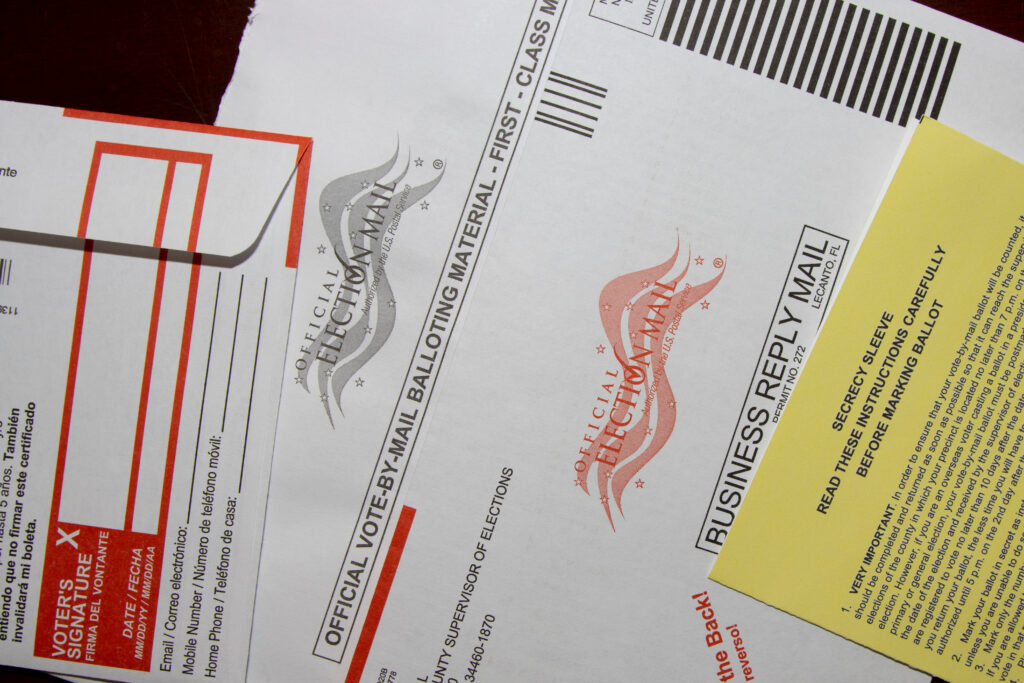Baltimore Judge Sides with Oil Companies in Climate Case, Dismissing City’s Deception Allegations
In a decisive victory for oil companies, a Baltimore judge has dismissed the city’s allegations that energy giants like ExxonMobil and Chevron engaged in deception about the impact of fossil fuels on climate change. This ruling marks a significant setback for Baltimore’s legal efforts to hold these corporations accountable for climate-related damages.

Judge’s Ruling
In her ruling, Baltimore City Circuit Court Judge Videtta Brown, who was appointed in 2010 by then-Maryland Democratic Gov. Martin O’Malley, sided with the energy companies, who argued that only federal law can address global pollution concerns.
“Global pollution-based complaints were never intended by Congress to be handled by individual states,” Brown stated. “Federal law governs disputes involving air and water in their ambient state.”
Legal Context and Implications
This case is part of a broader trend of municipalities across the United States seeking to hold oil companies liable for climate change impacts. Baltimore’s lawsuit was originally filed in 2018, and it has since become a key test case for similar legal actions nationwide. The dismissal of Baltimore’s claims could influence other pending cases, potentially undermining efforts to use the courts to address climate change.
The judge’s decision reflects a growing skepticism in the judiciary about the appropriateness of using the legal system to address complex scientific and policy issues related to climate change. Critics argue that such matters should be resolved through legislative and regulatory processes rather than through litigation.
Oil Companies’ Response
Oil companies have consistently denied allegations of wrongdoing, maintaining that they have been transparent about the risks associated with fossil fuels. They argue that their products are essential for modern life and economic development. Following the ruling, representatives from ExxonMobil and Chevron expressed satisfaction with the judge’s decision, emphasizing that the lawsuit was an improper attempt to shift responsibility for climate change onto specific companies.
“This ruling affirms our position that addressing climate change requires a coordinated policy response, not piecemeal litigation,” said a spokesperson for ExxonMobil. “We remain committed to working with stakeholders to find effective solutions to this global challenge.”
Baltimore’s Reaction
Baltimore officials expressed disappointment with the ruling but vowed to continue their fight. They argued that the dismissal does not negate the reality of climate change and the need for accountability. The city is considering its options for appeal, indicating that this legal battle is far from over.
“While we are disappointed with the court’s decision, we will not be deterred in our efforts to protect our residents and hold these corporations accountable for their actions,” said a spokesperson for the Baltimore City Solicitor’s office. “Climate change is a pressing issue, and we will explore all available avenues to seek justice.”
Conservative Perspective
From a conservative standpoint, the judge’s ruling is seen as a win for the principles of legal restraint and economic freedom. Critics of climate litigation argue that such cases are often politically motivated and seek to impose regulatory outcomes through the courts rather than through democratic processes.
This perspective emphasizes that the energy sector is vital to the nation’s economy and that imposing additional legal liabilities on oil companies could have far-reaching economic consequences. Proponents of this view also highlight that addressing climate change requires balanced, pragmatic solutions that involve all stakeholders, including the energy industry.
Broader Implications
The dismissal of Baltimore’s lawsuit may signal a shift in the judicial landscape regarding climate litigation. As courts increasingly scrutinize the legal foundations of such cases, municipalities may find it more challenging to pursue claims against oil companies. This development underscores the complexities of addressing climate change within the existing legal framework.
Moreover, the ruling could prompt policymakers to reconsider the role of litigation in climate policy. While some advocate for holding corporations accountable through the courts, others argue that legislative and regulatory measures are more appropriate and effective for tackling such a multifaceted issue.
Conclusion
The decision by Judge Brown to dismiss Baltimore’s climate deception allegations represents a pivotal moment in the ongoing debate over climate litigation. While the ruling is a setback for the city’s legal strategy, it also highlights the broader challenges of using the judiciary to address climate change.
As this legal battle continues, the outcome may shape future efforts to hold corporations accountable for their environmental impact.
